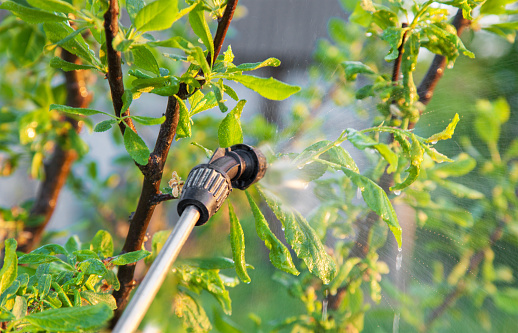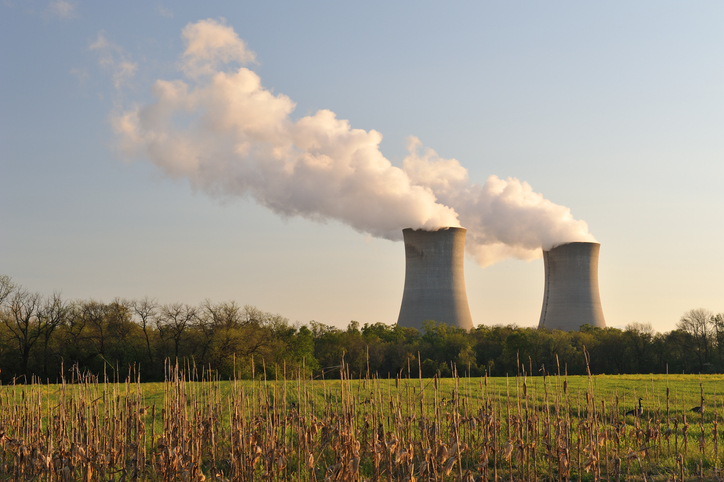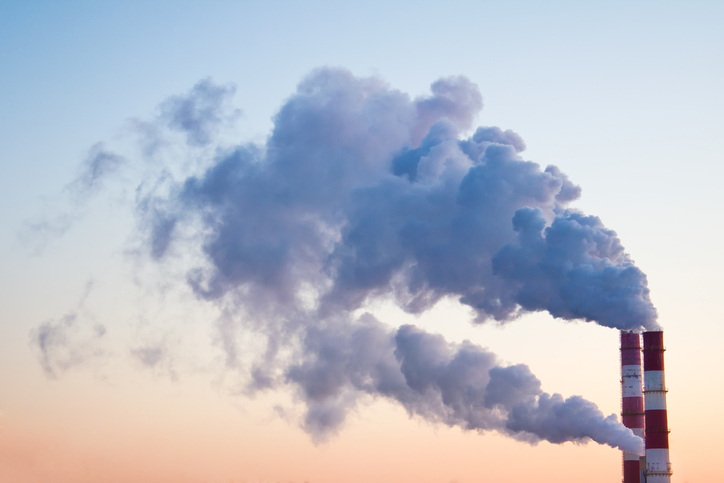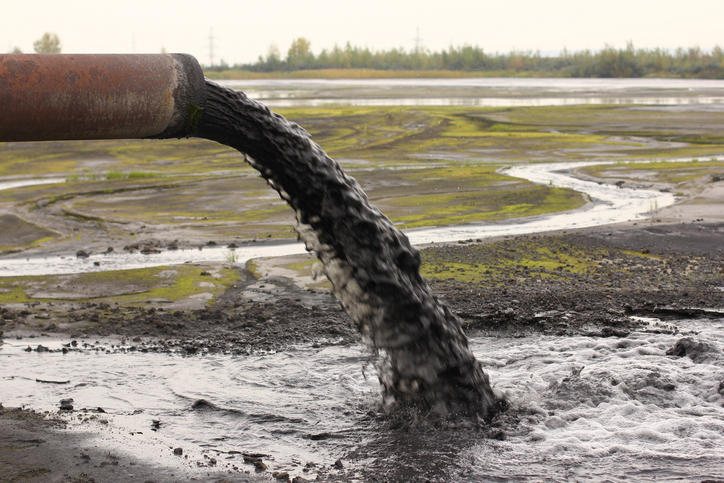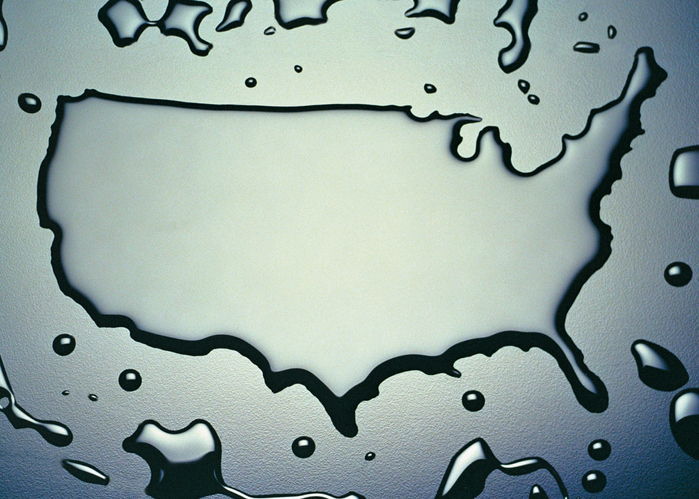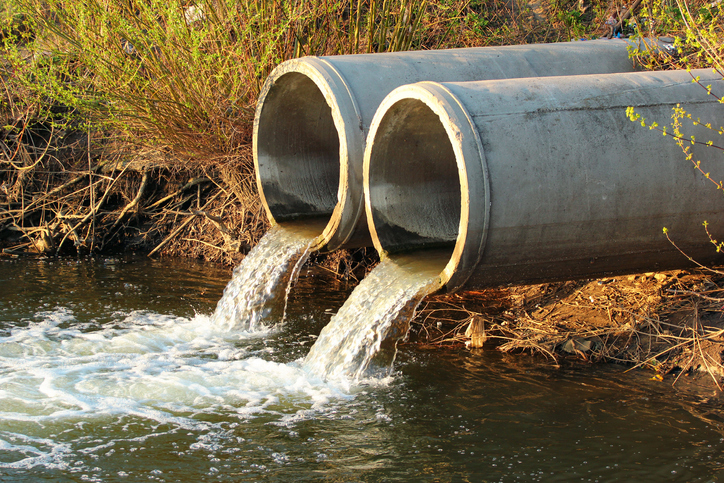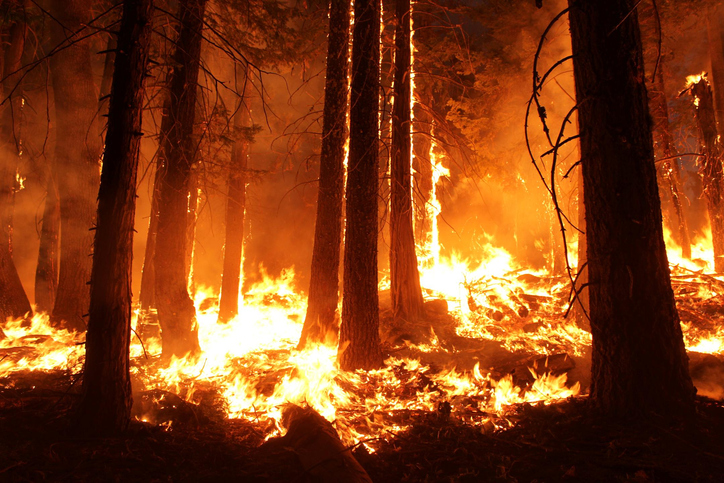On March 15, 2019, the EPA proposed as a Final Rule a scaled down version of the total ban on the use of methyl chloride in paint stripper. The EPA proposed the Final Rule in connection with its administration of the Toxic Substances Control Act (TSCA). Under the scaled down version, methyl chloride is banned from all consumer use paint removers but this toxic chemical can still be used for commercial applications provided there is appropriate training. This version of the Final Rule is a …
Continue Reading

